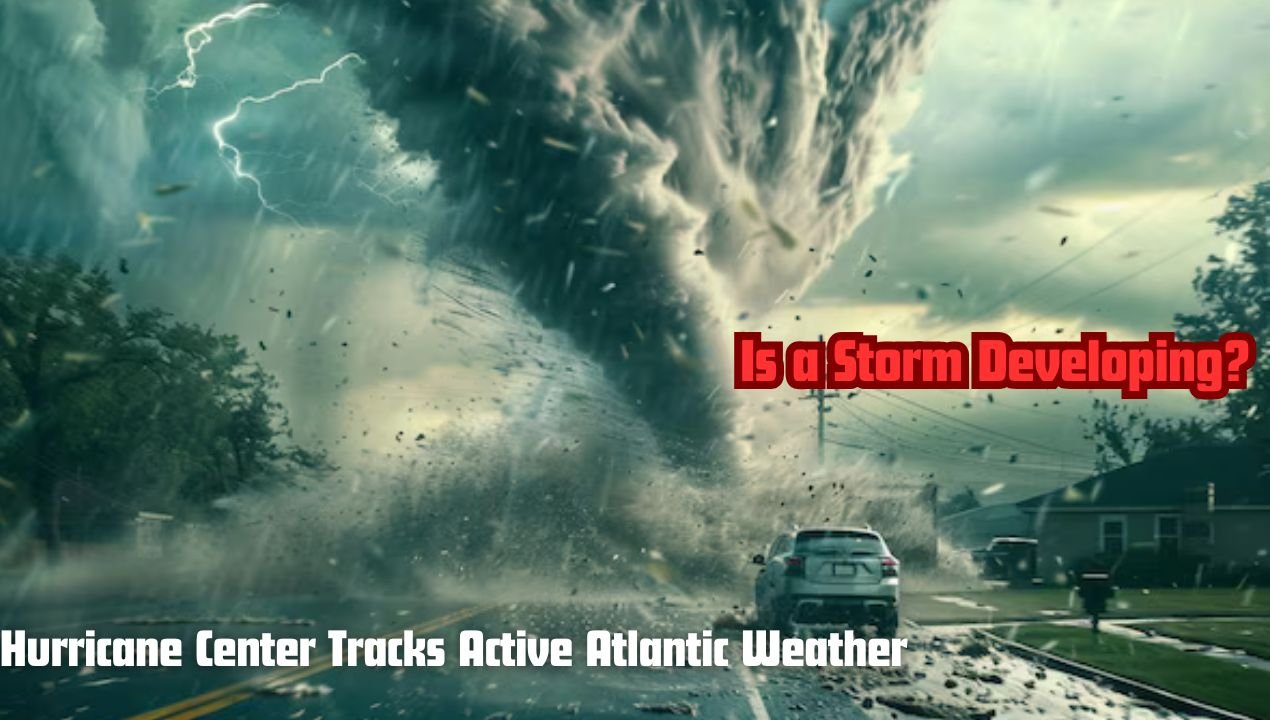The hurricane season starts from June 1 to Nov. 30; however, most of the activities are realized within the month of August to October.
Less than a week after Hurricane Milton bore a devastating path across Florida, another tropical depression could brew in the Atlantic Ocean by end of the week, forecasters said Monday.
The National Hurricane Center in Miami is monitoring an “area of active weather” west of Cabo Verde Islands in the Atlantic with a 60 percent chance of taking shape in the next week.
The NHC is “keeping an eye” on the area of low pressure known as AL94, said Anthony Reynes, a senior forecaster with the National Weather Service in Miami, Monday.
Reynes said this system is a “potential storm.”
The National Hurricane Center is monitoring one region of disturbed weather in the Atlantic and could potentially develop into a tropical system. This is just short of a week after Hurricane Milton approached the Gulf Coast.
Apart from monitoring Hurricanes Leslie and Kirk, many are now showing interest in another system formed close to the Cabo Verde Islands with a 30% chance of developing into a cyclone in the next seven days. It’s part of an already frenzied hurricane season, where warm ocean conditions have already fueled activity.
This makes it more likely to be a tropical depression should the region become more warm for it due to either warmer waters and some other environment.
AL94 chances of development. The NHC stated that there was an almost 10 percent chance of developing inside 48 hours while having a 60 percent chance inside the next seven days.
Florida power outage map: Over 400K remain without power after Hurricane Milton
Atlantic storm tracker
Where is AL94 headed? The NHC says AL94 likely will move west or west-southwestward in the next couple of days. However, mid-week or toward the weekend, the environment may become more favorable for slow development.

A tropical depression could form as AL94 moves west-northwestward and passes near the Leeward Islands by the end of the week, some 350 miles southeast of Puerto Rico.
Forecasters also eye Caribbean system
Meteorologists were also monitoring another area for possible tropical development: AccuWeather meteorologists believe there is a medium risk of tropical development in the western Caribbean from Oct. 17-19.
The region in question showed up on the hurricane center’s forecast map Monday afternoon: “A broad area of low pressure is likely to form over the southwestern Caribbean Sea by the middle to latter portions of this week,” the hurricane center said, giving it a 20% chance of development within the next seven days.
One possibility would take the system westward into Central America and southern Mexico, and the other is, unfortunately, toward Florida,” AccuWeather hurricane expert Alex DaSilva said.
FAQS
What are the NHC watching in the Atlantic?
The National Hurricane Center (NHC) is monitoring an “area of active weather” in the Atlantic that could potentially become a tropical storm in the next few days.
How likely are storms to form?
The NHC gives this area a 30% chance of development over the course of the next seven days.
Which regions are most vulnerable?
The system is expected to pass near or over the Cabo Verde Islands, but forecasts may change with developing conditions.
How do I get more information about this storm?
Follow updates from the official NHC website, or other professional weather tracking services.
What is the Atlantic hurricane season?
Atlantic hurricane season begins on June 1 and lasts till November 30 of every year.
Conclusion:
There is a growing system in the Atlantic that the National Hurricane Center is tracking and which could develop into a tropical storm. The area of interest is located near the Cabo Verde Islands with the chance of developing into the system within the next week at 30%. For now, there are a couple of storms that are very intensively being a part of the ocean, and the hurricane season of 2024 is very active indeed. Stay informed and better prepared with official information from the NHC: conditions can change quickly.

